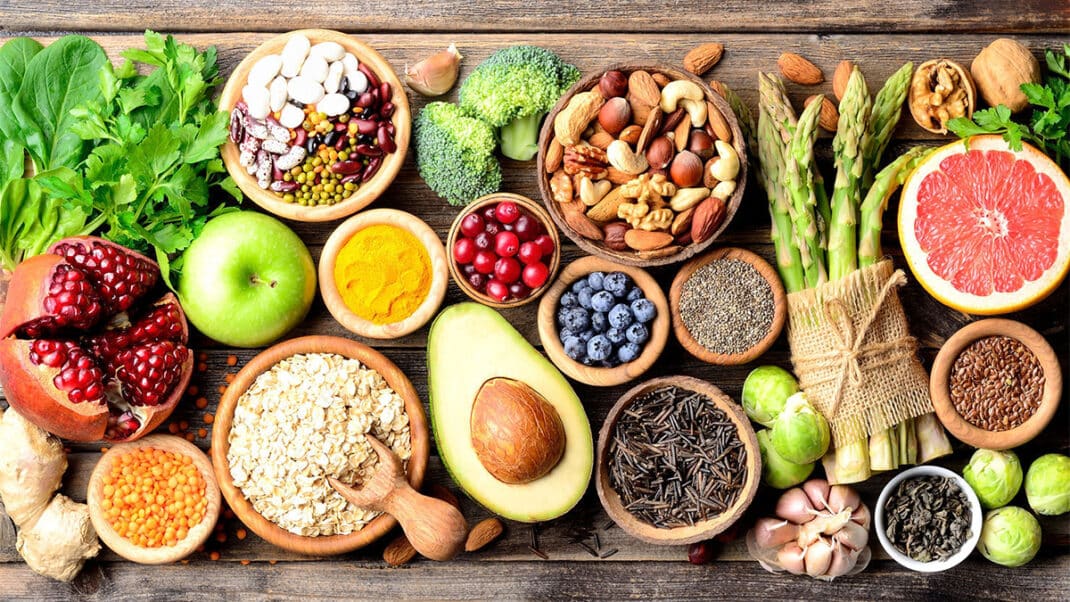Ask the RD
I've recently noticed a number of ads touting the health benefits of sprouted grain products. Given their high cost, are they really worth the extra money?
Answer: Sprouted grains offer all of the health benefits of a dry grain with the additional benefits of easy digestibility and optimal absorption of some vitamins and minerals. This doesn’t mean regular whole grains are not good for you; it’s just that sprouted grains offer a bit more.
Understanding grain. A grain is a seed, and as such it contains everything needed to grow a new plant within its shell. The outermost layer of the seed is called a hull, beneath which is the endosperm. Substances contained in the endosperm—enzyme inhibitors—prevent the grain from growing when conditions aren’t optimal, such as when there isn’t enough heat, water or light. This protects the grain from starting to grow and then dying because it lacks an important element. Once the correct conditions are present, the enzyme inhibitors are broken down and the plant begins to grow. This process marks the beginning of sprouting. At this time, large sugar molecules present in the endosperm are broken down into simple sugars, which are easy to digest.
Benefits of sprouting. In addition to improving the digestibility of grains, sprouting increases the amount of some vitamins and minerals that our bodies can absorb. Phytic acid—a substance found in the hulls of legumes, grains, nuts and seeds—decreases our ability to absorb some of the B vitamins, calcium, magnesium, iron and zinc. Sprouting breaks down phytic acid, enabling our bodies to better absorb these vitamins and minerals.
Another way of getting rid of phytic acid in grains and legumes is to soak them overnight (not a full sprouting) and discard the liquid before cooking. This technique has been shown to decrease the phytic acid concentration enough to have beneficial effects on vitamin and mineral absorption.
Sprouted grain products. Products such as breads and cereals made from sprouted grains may offer some health benefits, but it is important to note that there is no regulated definition of “sprouted,” so food manufacturers can decide for themselves what that means. My advice is to experiment with sprouted grains and see if you notice a difference in how they make you feel.
Lourdes Castro
As a Registered Dietician, Lourdes is an Adjunct Professor at New York UniversityÔÇÖs department of Nutrition, Food Studies & Public Health and holds a Masters degree in nutrition from Columbia University. She is the author of three cookbooks Simply Mexican; Eat, Drink, Think in Spanish and Latin Grilling and is the director of the Biltmore Culinary Academy. Visit her website at www.slicethin.com.





